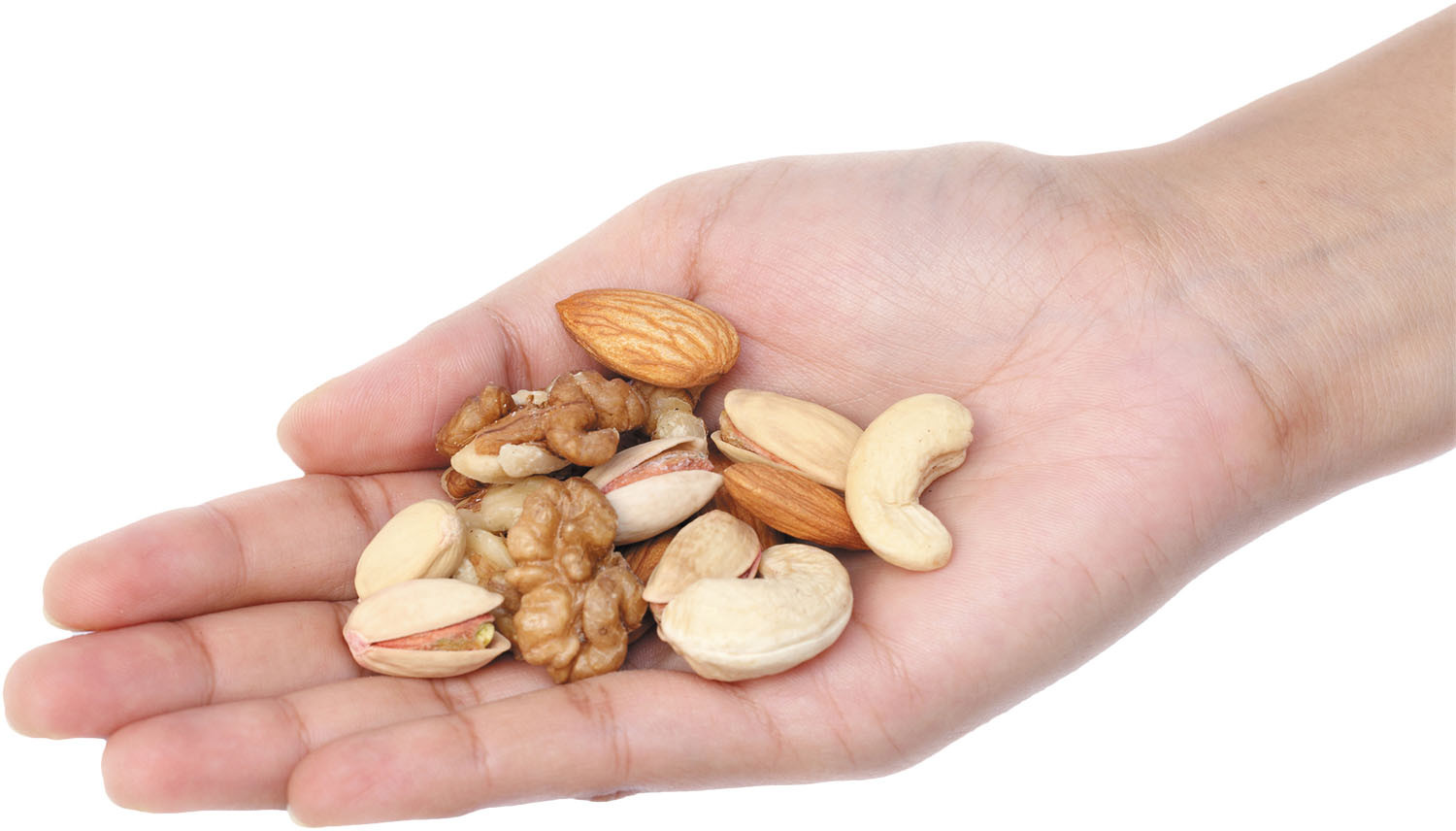
5 simple ways to improve gut health

Practical tips and simple exercises to prevent neck pain

Dyslexia: Tools and supports for this learning disability

Chickpeas: Easy ways to eat more of this nutritious legume

Do products that claim to stop snoring actually work?

Flowers, chocolates, organ donation — are you in?

Chair yoga: Benefits of a mind-body practice without the risk of falling

Need a prescription for an ED medication? What to know about BlueChew, hims, Roman, and other online ED medication retailers

Low-carb foods: Nutritious choices for creating a sustainable diet that's lower in carbohydrates

Pilates: A good option for older adults?
Heart Health Archive
Articles
Legume of the month: Lentils
Lentils are tiny, lens-shaped legumes that come in array of colors, including yellow, red, green, brown, and black. Compared with other legumes, lentils are particularly rich in compounds known as polyphenols. These plant-based micronutrients are thought to help protect against cardiovascular disease.
Another advantage to lentils is that you don't need to soak them in advance, as is necessary with beans. And they cook quickly — usually in about 20 minutes or less. In fact, red lentils (which are actually orange) cook in just five minutes. Add one cup of lentils to three cups of water in a saucepan and bring to a boil. Once the water boils, the lentils are ready; you can then drain, rinse in cool water, and use them in salads. If you cook red lentils longer, they turn yellow and become very soft, with a smooth, pureed texture.
Being sedentary may be as bad for the heart as being overweight
Research we're watching
Even if you're at a healthy weight, being out of shape may increase your risk of heart disease just as much as if you were overweight, a study in the March 1 Journal of the American College of Cardiology reports.
The study included data from people ages 40 to 79 who were at a healthy weight or overweight based on their body mass index (see www.health.harvard.edu/bmi for a calculator). The participants also provided information about their exercise habits, how long they sat each day, and whether they ever felt short of breath when hurrying or walking up a slight hill.
After hospitalization for heart disease: Avoid opioid drugs?
Research we're watching
People with heart disease who leave the hospital with a prescription for opioids may be more likely to miss follow-up care than those not prescribed opioids, a new study finds.
The study included nearly 2,500 people (mostly white men with an average age of 60) who were discharged from a university medical center after a heart attack or sudden heart failure. One in five were prescribed the powerful pain relievers known as opioids. Those people were less likely to follow up with their health care provider or to participate in cardiac rehabilitation than those not prescribed opioids.
Diabetes? Go nuts to lower your heart risk
Research we're watching
A near-daily serving of nuts may lower the risk of cardiovascular disease in people with type 2 diabetes, new research suggests. The study, published online February 19 by Circulation Research, relied on diet surveys from more than 16,000 people before and after they were diagnosed with type 2 diabetes, a condition that elevates the risk of heart disease. Researchers asked them about their nut-eating habits over a period of several years. People who ate five servings of nuts per week had a 17% lower risk of cardiovascular disease compared with those who ate less than a serving per week.
Chock full of unsaturated fat, fiber, and minerals, nuts can help control blood sugar, blood pressure, and cholesterol. Tree nuts, which include walnuts, almonds, and pistachios, seemed to offer the strongest benefits in the study. Peanuts, which aren't technically nuts but legumes, weren't quite as healthy. While this study can't prove cause and effect, eating a small handful of unsalted nuts on most days will likely help your heart, even if you don't have diabetes.
Four keys to prevent cardiovascular disease
Are you doing everything you can to keep your heart healthy?
After decades of steady decline, the number of deaths from cardiovascular disease (CVD) has risen over the past few years, according to the American Heart Association.
The good news is that an estimated 80% of all CVD cases — heart disease, heart attack, heart failure, and stroke — can be prevented. The key is to control high blood pressure and high cholesterol and to maintain healthy habits, such as exercising regularly, eating a plant-based diet, getting enough sleep, and not smoking.
How a good night's sleep might help your heart
Research we're watching
Sleep has long been known to help protect you against heart disease, and researchers now think they know at least one reason why. A study published online February 13 by the journal Nature looked at how sleep duration and quality relates to the buildup of damaging plaque in the arteries.
Harvard Medical School researchers found that a lack of good sleep boosts the body's production of inflammatory white blood cells that earlier research has linked to fatty buildup in the arteries. This could help explain why sleep problems can lead to arterial buildup. Poor sleep is linked not only to clogged arteries, but also to a host of chronic health conditions, such as cancer, obesity, and diabetes — all good reasons to make sure you get your z's.
Ask the doctor: Does prednisone increase blood pressure?
Q. I have rheumatoid arthritis, and my doctor wants me to take prednisone for it. Will prednisone be bad for my blood pressure, which is already high?
A. Prednisone raises blood pressure in many people who take it. One reason is that prednisone and other corticosteroids cause the body to retain fluid. Extra fluid in the circulation can cause an increase in blood pressure.

5 simple ways to improve gut health

Practical tips and simple exercises to prevent neck pain

Dyslexia: Tools and supports for this learning disability

Chickpeas: Easy ways to eat more of this nutritious legume

Do products that claim to stop snoring actually work?

Flowers, chocolates, organ donation — are you in?

Chair yoga: Benefits of a mind-body practice without the risk of falling

Need a prescription for an ED medication? What to know about BlueChew, hims, Roman, and other online ED medication retailers

Low-carb foods: Nutritious choices for creating a sustainable diet that's lower in carbohydrates

Pilates: A good option for older adults?
Free Healthbeat Signup
Get the latest in health news delivered to your inbox!
Sign Up











